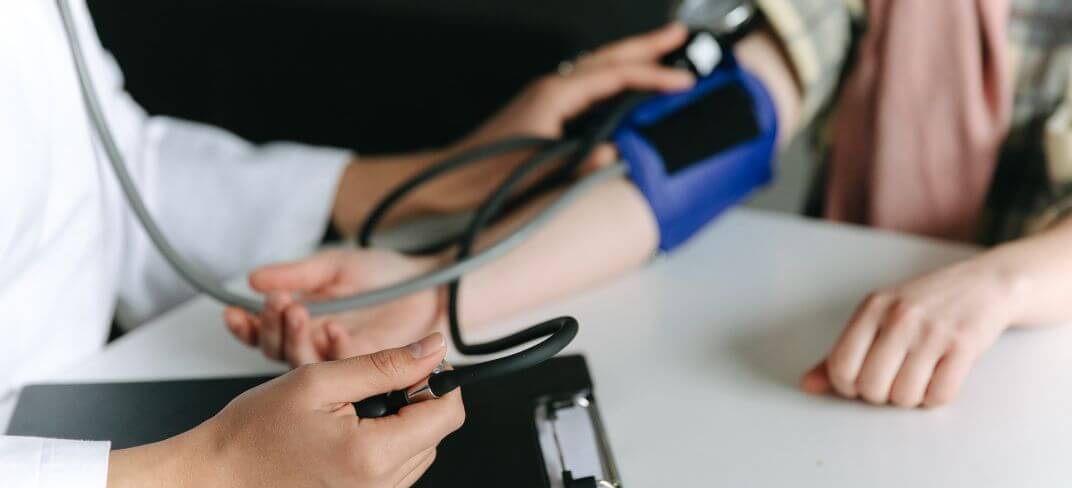The Influence of Dehydration on Blood Pressure and Heart Health

We often experience a feeling of thirst, a signal from our body reminding us to hydrate. When the body does not get the fluids it needs, dehydration occurs, a common and important phenomenon to keep under control.
In this discussion, we want to explain how dehydration can affect your health, particularly your heart health.
What is Dehydration?
Our bodies are about 55 to 65 percent water, which is essential for the proper functioning of our organs. The body loses water through processes such as breathing, sweating, urination, and defecation. Dehydration occurs when the amount of water lost exceeds the amount taken in through drinks and food.
Symptoms of Dehydration
Feeling thirsty is only one of the signs of dehydration. Even mild dehydration, loss of 1 to 2% of body water, can cause several problems including:
- Decreased energy.
- Fatigue.
- Weakness.
- Headaches.
- Dry mouth and tongue.
- Dry or chapped skin and lips.
- Longer post-workout recovery.
- Muscle cramps.
- Lightheadedness or dizziness.
- Constipation.
- Dark or less frequent urine.
- Confusion and convulsions.
Influence of Dehydration on Blood Pressure and Pulse
Dehydration can affect blood pressure and pulse in several ways. It can cause tachycardia, which is an increase in heart rate above 100 beats per minute. In addition, severe dehydration can lead to lower blood pressure, but generally only in extreme cases.
In particular, orthostatic hypotension is a phenomenon in which blood pressure drops significantly when you get up from a lying position. Dehydration can increase the risk of this disorder.
Hydration and heart health
Adequate hydration is critical to help the heart pump blood through blood vessels more efficiently, reducing the risk of overload. Dehydration, on the other hand, can put the heart under stress and increase the risk of heart problems.
Causes of dehydration
Dehydration can affect anyone, but it is especially common in the elderly, between 17 percent and 28 percent of whom suffer from it. Causes of dehydration include:
- Not getting enough fluids during the day.
- Exercise or strenuous physical activity that causes excessive sweating.
- Prolonged exposure to high temperatures, which can also lead to heat stroke.
- The use of diuretics or laxatives in excess.
- Illnesses such as high fever, vomiting or diarrhea.
How to stay hydrated
Dehydration is easily treated and preventable. To stay hydrated, follow these simple guidelines:
- Drink water throughout the day, keeping a refillable water bottle handy.
- Listen to your body and respond to the sensation of thirst.
- Choose water instead of caffeinated or sugary drinks.
- Limit time spent outdoors during hot days and drink more.
- In case of vomiting or diarrhea, drink clear liquids to rehydrate.
- Eat water-rich foods such as melons, watermelons, strawberries, lettuce, tomatoes and spinach.
When to Seek Medical Attention
If you experience frequent feelings of dehydration, it is important to consult your doctor. A complete physical examination and some tests can help identify any underlying problems that may be contributing to dehydration.
In addition, severe dehydration can lead to more serious health problems. If you experience symptoms such as confusion, fainting, rapid heartbeat or difficulty urinating, you should seek immediate medical attention or go to an emergency facility to receive appropriate treatment.
Hydration is essential for the well-being of our bodies and our hearts. Taking care of yourself and maintaining adequate fluid intake is an essential step to enjoying good overall health.
Learn more about Cardiology and Cardio-vascular Surgery services at UPMC.